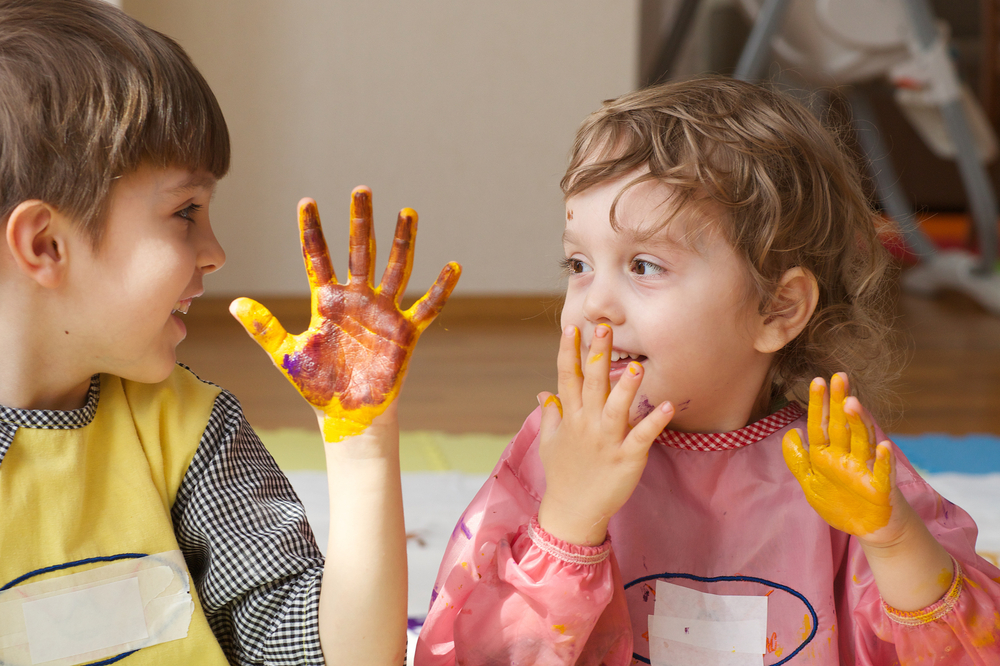Mathematical reasoning Easy Math Worksheets for Ages 3-8
4 filtered results
-
From - To
Explore our "Mathematical Reasoning Easy Math Worksheets" designed for children aged 3-8! These engaging resources help young learners develop essential problem-solving and critical thinking skills in a fun, interactive way. With colorful visuals and age-appropriate activities, kids will enjoy exploring numbers, shapes, patterns, and simple equations. Our worksheets are based on foundational concepts that encourage logical reasoning and analytical skill development. Perfect for parents and educators, these printable worksheets can be easily integrated into home schooling or classroom settings. Watch your child's confidence soar as they discover the joy of math and enhance their reasoning abilities!
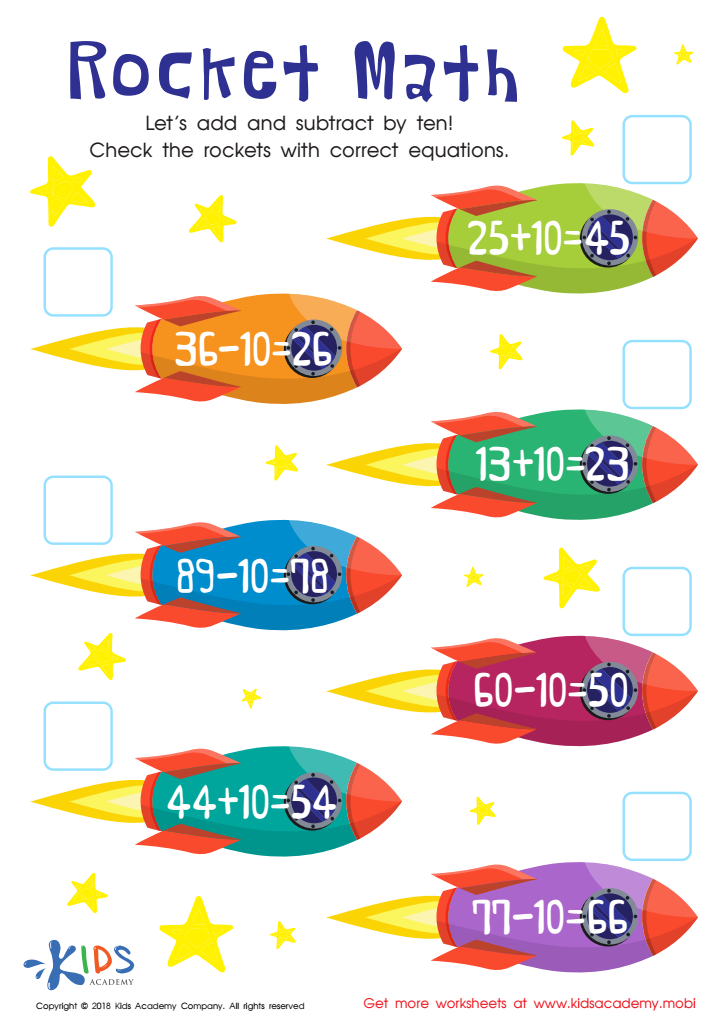

Rocket Math Worksheet
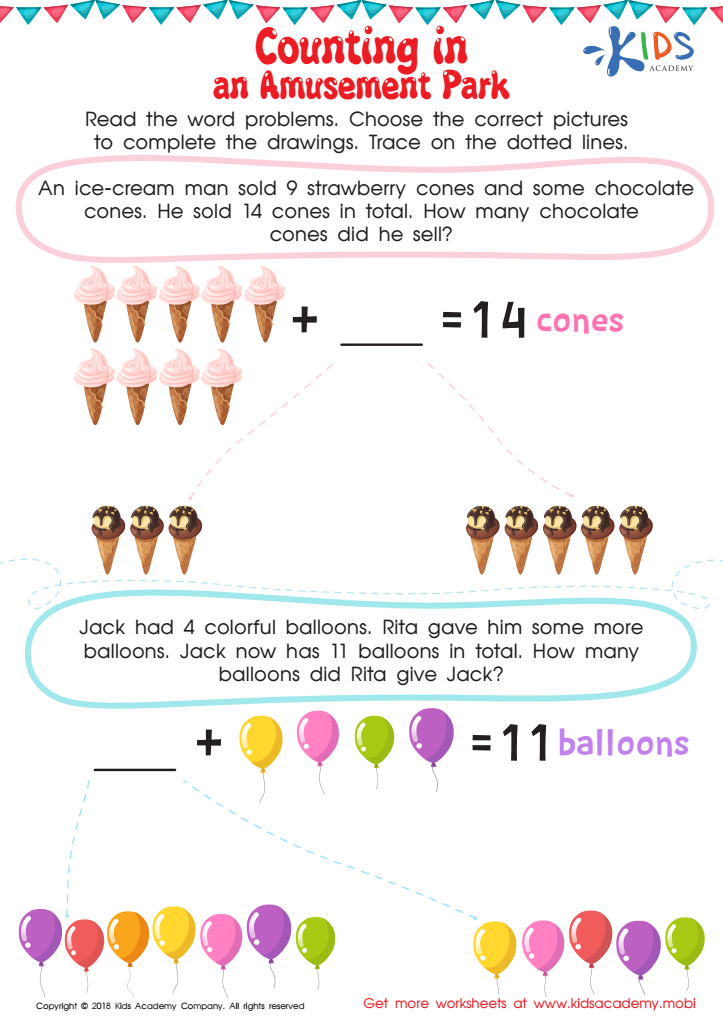

Counting in an Amusement Park Worksheet
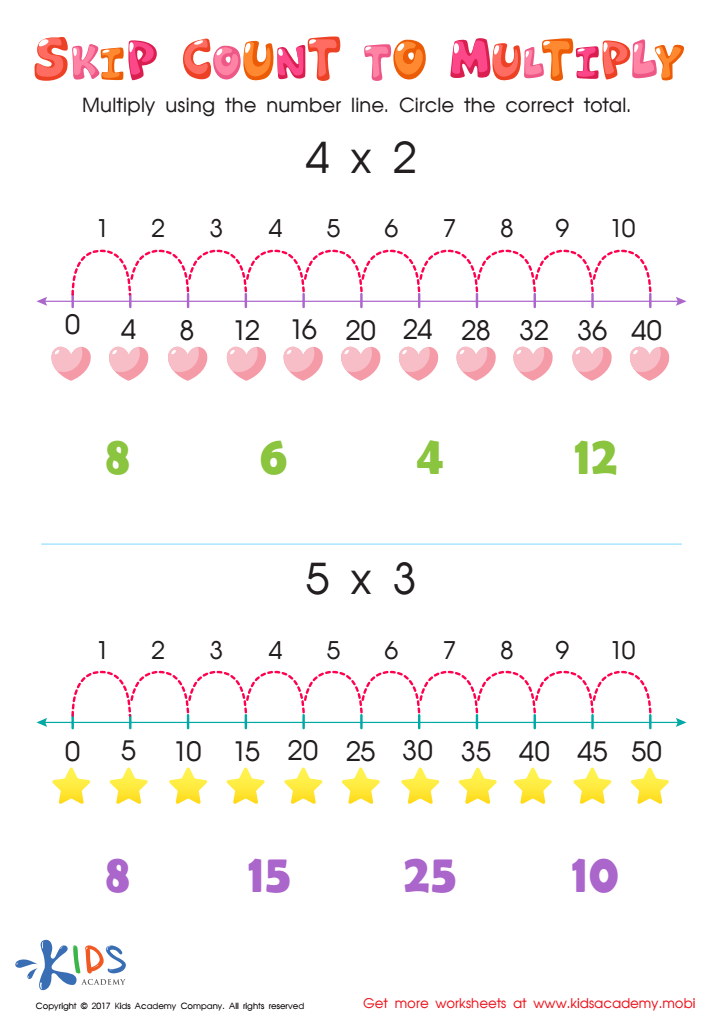

Skip Count Multiplication Worksheet
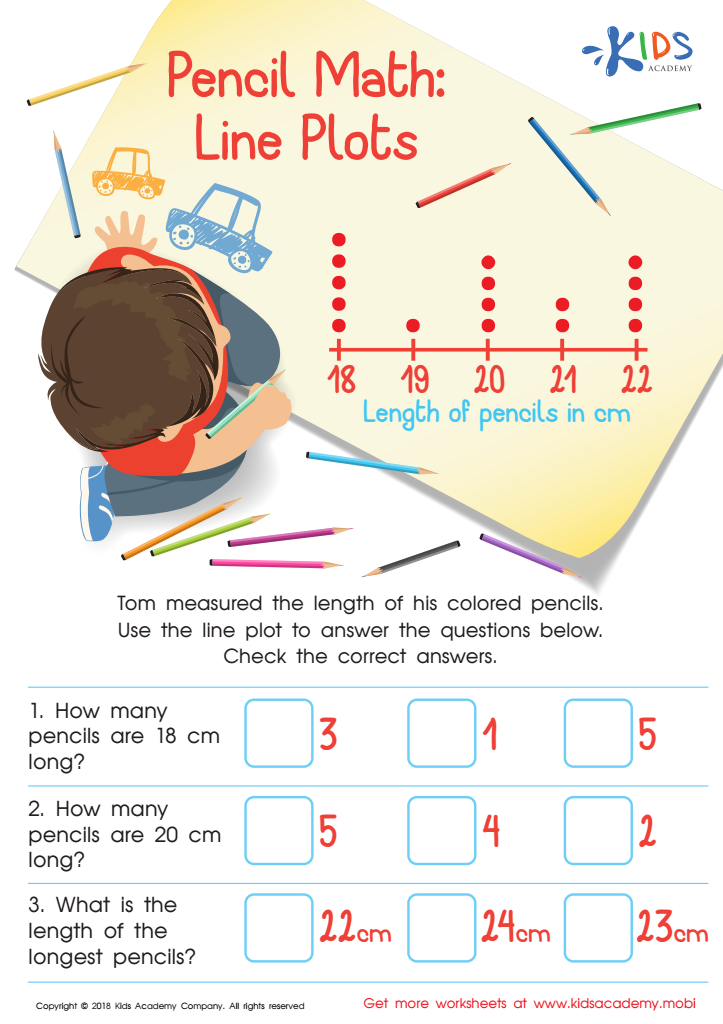

Pencil Math: Line Plots Worksheet
Parents and teachers should prioritize mathematical reasoning for children aged 3-8 because it lays the foundation for future academic success and critical thinking skills. At this early stage, children are naturally curious and eager to explore concepts like numbers, patterns, and relationships. Engaging them with easy math activities promotes higher-order thinking, encouraging them to analyze, predict, and solve problems.
Furthermore, learning math through reasoning helps children develop persistence. They learn to tackle challenges rather than get frustrated. Activities that require logical thinking enhance their ability to articulate and explain their thought processes, which supports communication skills.
Early mathematical reasoning also promotes confidence. When children understand the ‘why’ behind mathematical operations, they feel more empowered to tackle more complex math as they grow. This solid grounding equips them to face academic hurdles in the future, fostering a love for learning and exploration.
Additionally, connecting math to everyday experiences makes it relevant and fun, bridging concepts into real-world applications. Ultimately, investing time in nurturing mathematical reasoning during these formative years not only cultivates essential cognitive skills but also supports overall intellectual and emotional development. It’s about preparing our children not just to tackle math, but to face life’s challenges thoughtfully.
 Assign to My Students
Assign to My Students








